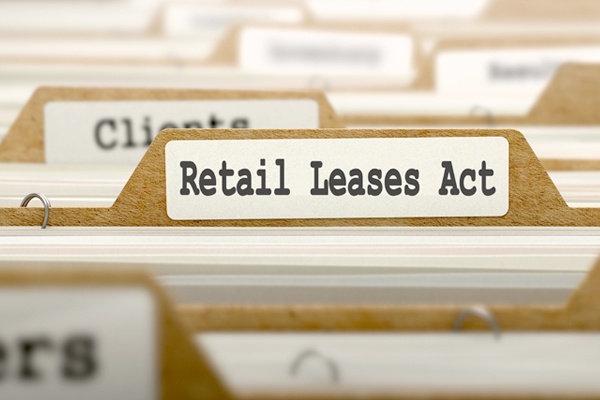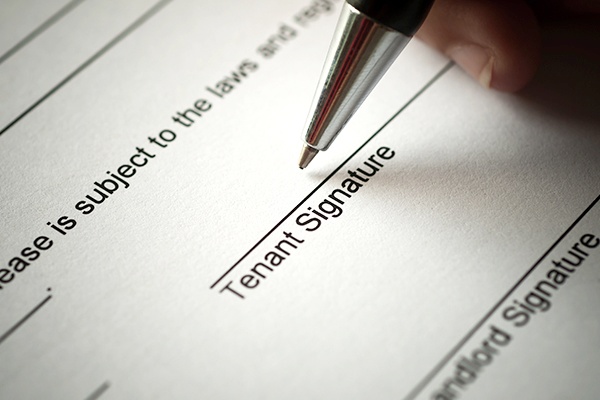
As you are no doubt aware, The Retail Leases Act prohibits landlords from recovering land tax from their tenants. However, amongst a number of other exemptions, the Act does not apply to Leases where total occupancy costs exceed $1 million p.a. or the tenant or its parent company is a publicly listed company.
Occupancy costs are considered rent and outgoings (and for some Leases, GST is also included depending on the date the Lease was entered into).
In the recent VCAT case of William Buck (Vic) Pty Ltd v Motta Holdings Pty Ltd, the tenant William Buck claimed their Lease fell under the Act and that the landlord of their Hawthorn East office building had incorrectly sought reimbursement of its land tax costs in the order of $251,000. However, VCAT ruled in favour of the landlord determining that whilst the total occupancy costs were below $1 million in the first year of the Lease, the threshold was exceeded in subsequent years which put William Buck’s lease outside the Act and therefore enabled the landlord to seek reimbursement for Land Tax from the tenant.

Previously, it has been a long-held understanding that if the Act applies at the commencement of the Lease, it applies for the entire term of the Lease, until the next renewal opportunity. However, this opinion suggests that it may be possible for an exit from the Act to occur mid-way through a Lease if exemption requirements are met at a later date.
There are a number of other cost implications when a Lease falls out of the Act, such as: ratchet clauses, VCAT jurisdiction, maintenance costs, disclosure requirements, lease terms and demolition clause compensation, to name a few.
While the above members opinion is not binding, it remains relevant as it is likely to persuade other VCAT members until such time that a superior court affirms or rejects the opinion.
What can Landlords do?
The Act was designed largely to protect tenants and has a sometime significant cost impact for landlords.

In negotiating Leases, where commercially possible, landlords should always treat relevant issues on the assumption that the Act will possibly not apply during the lease term (for example: require the tenant to pay land tax). These clauses obviously cannot be enforced where the Act applies, however they are there as a safeguard and can be drawn upon if the Act ceases to apply into the future.
If you need commercial property management help or you just want a second opinion, feel free to contact us by clicking the button below.
Get Property Management Help Now
Disclaimer:
This communication is produced for your general information and awareness purposes only. GormanKelly takes no responsibility nor liability for the accuracy of the contents herein. The contents of this email do not constitute legal advice, are not intended to be a substitute for legal advice and should not be relied upon as such.



